Wing clipping could be labeled one of the most controversial subjects in aviculture. There are many reasons why some bird owners choose to clip their bird's wings and just as many reasons why some bird owners do not.
While wing clipping is controversial, the decision to trim a bird, or not, is one best left to the individual owner.
The Pros of Clipping
The primary reason to clip your bird's wings is to ensure that it doesn’t fly away. By trimming the bird's primary feathers, known as "flight feathers," they cannot take flight. This prevents them from accidentally flying out an open door or window, which can be dangerous for a domesticated bird.
Safety inside the home is another big reason why most bird owners choose to clip their pets. Indoor life poses perils that birds do not normally face in the wild. These include things such as windows, ceiling fans, ovens, doorways, sinks, and toilets. Clipping a bird's wings can help limit their access to these dangers.
Clipping a pet bird's wings also forces the bird to be more dependent on its owner. Many people believe that this can serve to enhance the bond between a bird and its human. However, this can ingrain learned helplessness and owners should be aware of their birds body language when interacting with them, especially since they can't fly away. Also there are countless flighted pet birds that enjoy close relationships with their human families.
The Cons of Clipping
Those on the other side of the fence contend that depriving a bird of its ability to fly can cause physical and psychological damage. Many people argue that the benefits of flying—exercise and mental stimulation—far outweigh the risks of injury to a pet bird, provided they are properly supervised.
Others have different reasons for not trimming their birds. Show birds, for example, have the best chance of winning when they are fully feathered. Some people also feel that since birds were intended to fly, clipping takes away their freedom and primary source of natural movement.
Additionally, clipping may not be a good choice for every bird or household. A bird can become overweight if it's not allowed the proper amount of exercise offered by flying which can contribute to heart disease. You'll also want to think about your other pets. Cats and dogs may view the bird as prey, in which case you'll want your bird to use its natural defense mechanism of flight to escape harm. Most bird owners want to mimic their species natural environment and in the wild, birds spend countless hours searching and foraging for food by flying around.
The Decision Is Yours
Putting some thought into the reasons for and against wing clipping will help you make the best choice for your pet. Talk to your avian veterinarian to get his or her input and be sure to discuss the options with your family members. With careful consideration, you are sure to make a decision that will satisfy the needs of both you and your favorite feathered friend.
If you do decide to clip your bird's wings, be sure to learn as much about the process as possible. Take your bird or a local store/groomer to get their wings clipped and learn by watching on how to do it if you wish to do clipping at home. Be sure to follow the steps to safely clip the wings and make a good decision about which clipping style is right for your bird. Not every method is right for every bird breed.

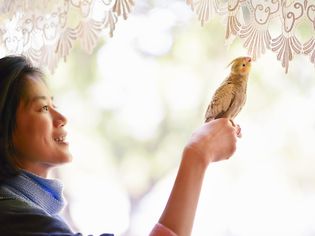
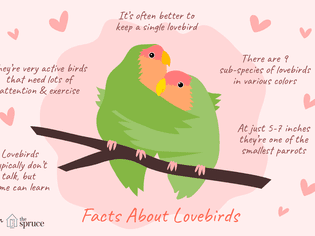
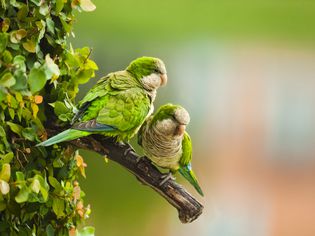
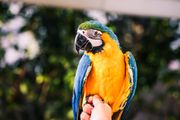
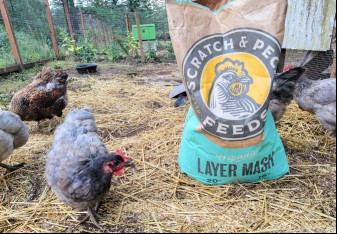
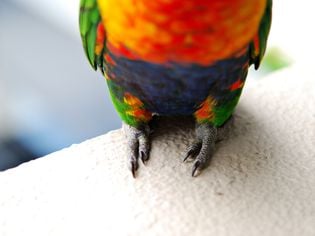

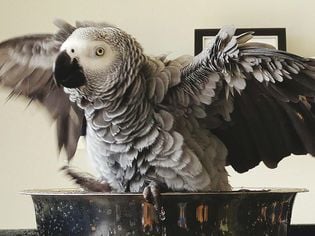
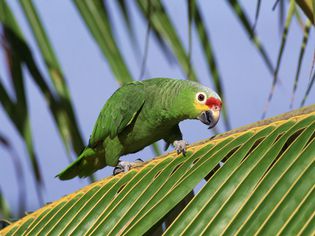
Comments on " Clipping a Bird's Wings" :